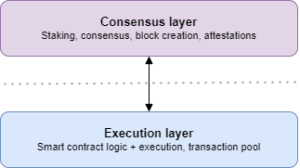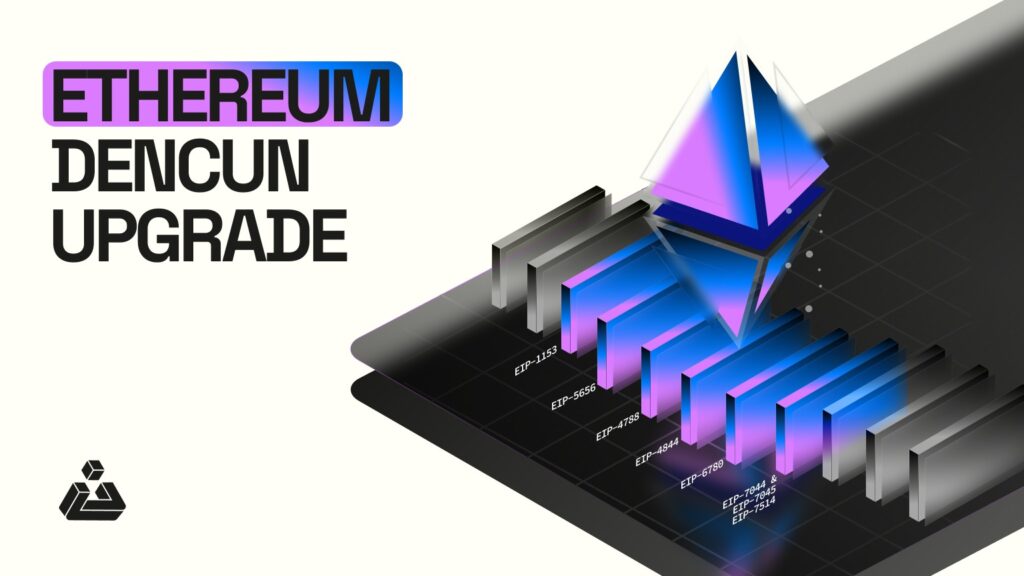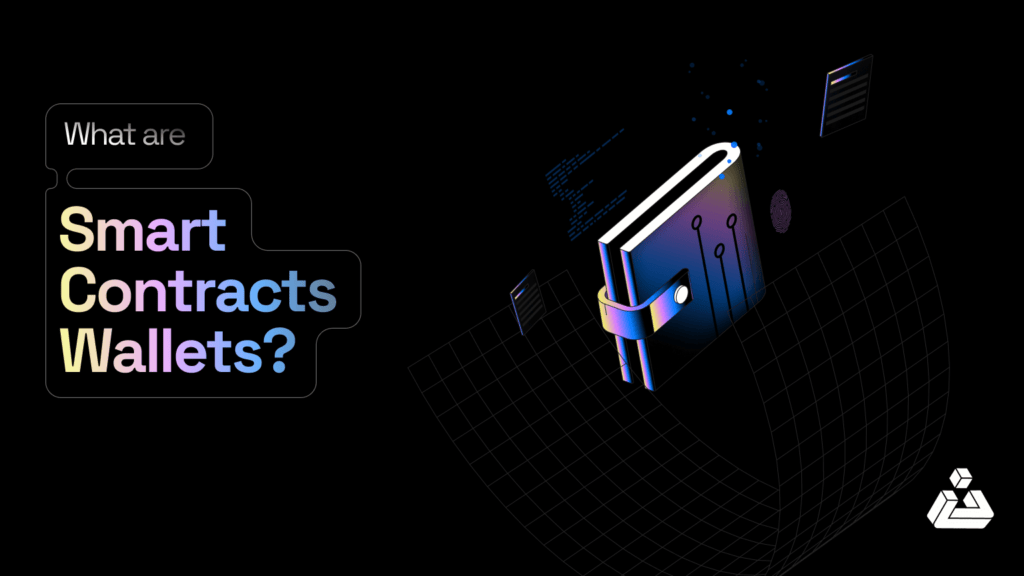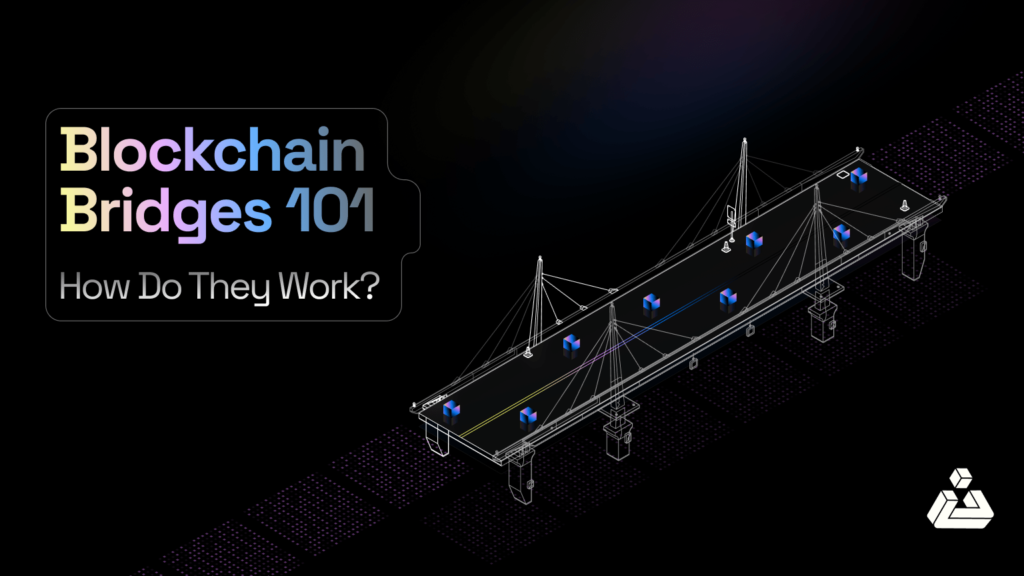The Dencun upgrade, a hard fork in Ethereum Blockchain implemented on March 13, 2024, is a critical enhancement for Ethereum. The purpose of this upgrade is to tackle scalability by merging Cancun (execution layer) and Deneb (consensus layer) upgrades. It introduces a layered approach to improve efficiency and user experience. To understand the Dencun upgrade, it’s essential to grasp Ethereum’s two-layer architecture.
- Execution Layer: This layer handles transaction processing and broadcasting. It’s where smart contracts execute their logic, powered by the Ethereum Virtual Machine (EVM).
- Consensus Layer: This layer ensures network-wide agreement on the state of the network through Proof-of-Stake (PoS) validation. Validators secure the network by verifying the legitimacy of transactions.

Source: https://docs.prylabs.network/docs/concepts/nodes-networks
The upgrade encompasses several EIPs, focusing on efficiency (EIP-1153, EIP-5656), inter-layer communication (EIP-4788), scalability (EIP-4844), security (EIP-6780), and validator management (EIP-7044, EIP-7045/EIP-7514). These changes collectively aim for a more scalable, secure Ethereum.
What is an EIP?
EIPs, or Ethereum Improvement Proposals, are formal suggestions for improvement to the Ethereum protocol. They address a wide range of topics, including protocol changes, client implementations, and token standards. EIPs are submitted to the Ethereum community for discussion and review, and those that are approved are implemented into the Ethereum protocol.
The EIPs involved in Dencun
Diving deeper into the Dencun upgrade, we explore the key Ethereum Improvement Proposals (EIPs) that collectively enhance Ethereum’s scalability, efficiency, and security.
EIP-1153 – Gas Metering Optimization
This proposal introduces a more refined way to calculate gas usage within the Ethereum Virtual Machine (EVM), aiming to slightly enhance overall efficiency. It represents an evolution in how gas costs are accounted for, potentially leading to cost savings for users.
EIP-5656 – MCOPY Opcode
It brings a new opcode that optimizes the process of copying data within the EVM, which is particularly beneficial for smart contracts that are heavily involved in data manipulation. This enhancement could lead to improved performance for such contracts.
EIP-4788 – Improved Inter-Layer Communication
This EIP aims to bridge the execution and consensus layers more effectively by enabling the execution layer to access block roots from the consensus layer. This enhancement facilitates smoother and more efficient network operations.
EIP-4844 – Introduction of “Blobs”
Perhaps the most impactful, this proposal introduces “blobs” – large data packets that can be included in blocks separately from the base transaction fee. This separation means users could pay less for standard transactions, fostering a new market for data placement and significantly enhancing scalability.
EIP-6780 – Security Enhancement
It addresses security by deprecating the SELFDESTRUCT opcode, which has potential for misuse. Removing this feature enhances the network’s security posture by eliminating a known vulnerability.
EIP-7044 & EIP-7045/EIP-7514 – Validator Management
These EIPs focus on optimizing the process for validators entering or exiting the network and refining conditions under which validators are slashed. These changes are crucial for maintaining a dynamic and healthy pool of validators, which is vital for the network’s stability and security.
EIP-4844: The Star of the Show
EIP-4844 introduces a cost-effective method for posting data to the Ethereum mainnet by utilizing “blob-carrying” transactions. This method involves blobs, which are data packets not directly accessible by the EVM but referenced and stored by the consensus layer. Aimed at enhancing scalability without compromising decentralization, EIP-4844 carefully limits blob size and quantity to manage nodes’ computational and storage demands. This innovation is a crucial precursor to more extensive scalability solutions, like Danksharding, facilitating Ethereum’s evolution towards handling higher transaction volumes efficiently while maintaining its decentralized framework. Simply put, Blobs are data packets included in Ethereum blocks without influencing the base transaction fee. This separation accomplishes two critical objectives:
- Reduced Transaction Fees: By decoupling data from transaction fees, users may see a substantial decrease in costs, potentially boosting Ethereum’s adoption and making it more user-friendly.
- A New Data Fee Market: Validators, akin to auctioneers, now bid on the inclusion of blobs based on fees offered, creating a dynamic and efficient data marketplace.
The Dencun Legacy
The Dencun upgrade’s successful implementation marks a monumental step in Ethereum’s scalability journey. Although it doesn’t achieve full sharding—a method to distribute the network’s workload—it lays the necessary groundwork for future advancements. By addressing current scalability issues, these improvements pave the way for a more robust and scalable Ethereum, capable of supporting a higher volume of transactions while maintaining decentralization and security.
Community reactions to the Dencun upgrade have been overwhelmingly positive, with developers and users alike excited about the potential for lower fees and improved network efficiency. As Ethereum continues to evolve, it remains at the forefront of blockchain innovation, promising an exciting future for decentralized applications and the broader digital economy.
To Conclude
The Dencun upgrade signifies more than just technical enhancements; it represents Ethereum’s ongoing commitment to adaptation and growth. As we look to the future, the foundations laid by the Dencun upgrade will undoubtedly play a critical role in shaping the next generation of blockchain technology, driving Ethereum towards its vision of a fully decentralized and scalable platform.












